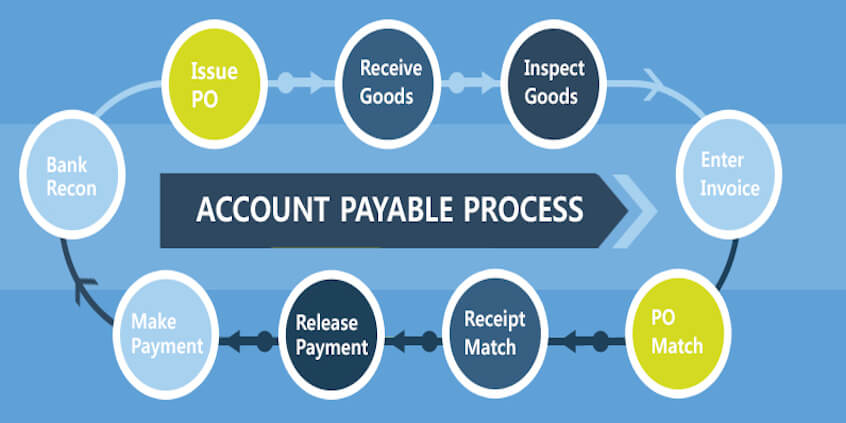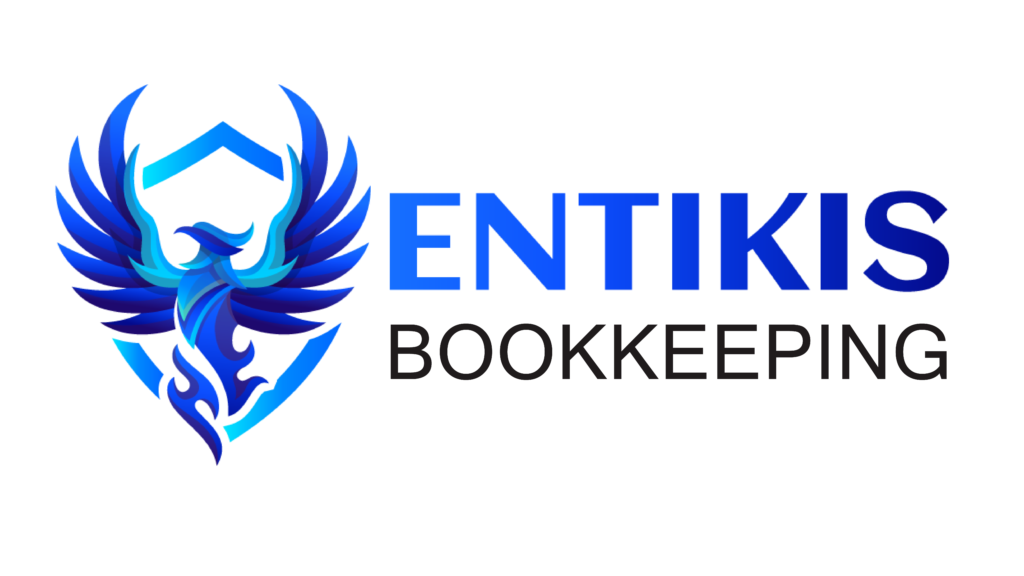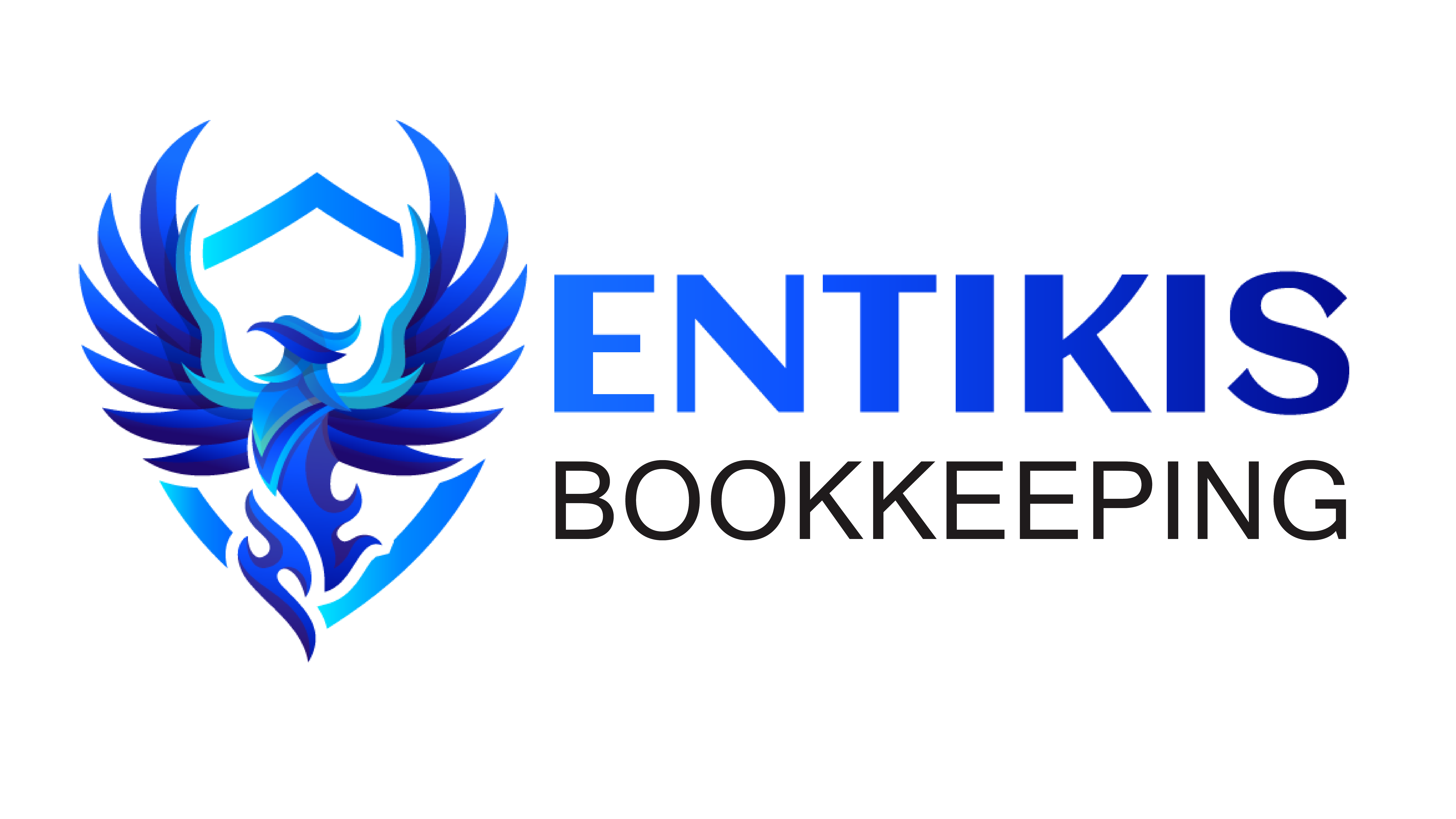Efficient accounts payable management is indeed indispensable for businesses, serving as a linchpin that connects various operational facets. Beyond the immediate benefits of timely payments and relationship maintenance with suppliers, its impact resonates deeply within a company’s financial ecosystem.
At its core, accounts payable management is intertwined with cash flow dynamics. A well-managed accounts payable process ensures that funds are allocated judiciously, allowing businesses to optimize their cash flow. Timely payments not only fulfill financial obligations but also foster trust and reliability with suppliers, potentially opening avenues for favorable terms and discounts.
Furthermore, streamlined accounts payable processes can yield far-reaching advantages. By embracing best practices, businesses can unlock efficiencies that extend beyond mere transactional speed. Centralized invoice processing, for instance, not only minimizes errors but also enables holistic insights into expenditure patterns, facilitating informed decision-making. This visibility can be instrumental in identifying cost-saving opportunities, negotiating better terms, and enhancing overall financial planning.
The adoption of automated systems represents another pivotal stride towards efficiency. Automation not only expedites routine tasks but also reduces the likelihood of human error, thereby enhancing accuracy and reliability. Moreover, it liberates human resources, allowing personnel to focus on value-added activities such as strategic vendor management or process optimization.
Strict adherence to approval processes is equally paramount. By establishing clear protocols and accountability measures, businesses can mitigate the risk of fraudulent activities while instilling discipline in financial operations. This transparency not only fortifies internal controls but also fosters a culture of integrity and compliance within the organization.
In essence, effective accounts payable management transcends mere transactional processes. It serves as a cornerstone of financial stewardship, underpinning strategic imperatives such as cost optimization, risk mitigation, and stakeholder trust. By embracing best practices and leveraging technological innovations, businesses can navigate the complexities of accounts payable with confidence, propelling themselves towards sustained growth and prosperity.

The following are the Best Practices for Effective Accounts Payable
- Implement an Automated System:
One of the most effective ways to enhance accounts payable management is by implementing an automated system. Automation helps in reducing manual errors, streamlining workflows, and accelerating the payment process. With an automated system in place, businesses can easily track invoices, approve payments, and generate reports, thereby saving time and resources. Additionally, automation enables better visibility into cash flow, allowing businesses to make informed decisions.
- Centralize Invoice Processing:
Centralizing invoice processing can significantly improve efficiency and control over accounts payable. By consolidating all invoices in one location, businesses can eliminate duplicate payments, reduce processing time, and ensure compliance with payment terms. Moreover, centralization enables better coordination between departments, leading to smoother workflows and fewer communication errors.
- Enforce Strict Approval Processes:
Implementing strict approval processes is essential for preventing unauthorized payments and minimizing the risk of fraud. Businesses should establish clear guidelines for approving invoices, including designated approvers and spending limits. Additionally, using electronic approval workflows can help in expediting the approval process and reducing delays.
- Negotiate Favorable Payment Terms:
Negotiating favorable payment terms with suppliers can have a significant impact on cash flow management. Businesses should strive to extend payment terms whenever possible, allowing them to retain cash for a longer period and improve working capital. Moreover, negotiating early payment discounts can provide additional cost savings and strengthen relationships with suppliers.
- Leverage Electronic Payments:
Switching to electronic payments can streamline the accounts payable process and reduce reliance on paper checks. Electronic payments are faster, more secure, and offer better traceability compared to traditional payment methods. Businesses can utilize various electronic payment methods such as Automated Clearing House (ACH) transfers, wire transfers, and virtual credit cards to simplify the payment process and enhance efficiency.
- Conduct Regular Reconciliations:
Regular reconciliations are essential for ensuring accuracy and integrity in accounts payable data. Businesses should reconcile invoices, payments, and vendor statements regularly to identify discrepancies and resolve them promptly. Additionally, conducting periodic audits can help in detecting errors or irregularities in accounts payable transactions and mitigating risks.
- Invest in Training and Education:
Investing in training and education for accounts payable staff is crucial for staying updated on best practices and emerging trends in the field. Providing comprehensive training programs can empower employees to perform their roles more effectively and efficiently. Moreover, fostering a culture of continuous learning encourages innovation and improvement in accounts payable processes.
- Monitor Key Performance Indicators (KPIs):
Monitoring key performance indicators (KPIs) is essential for evaluating the effectiveness of accounts payable management and identifying areas for improvement. Some important KPIs to track include invoice processing time, invoice accuracy rate, on-time payment percentage, and vendor satisfaction score. By regularly monitoring these metrics, businesses can measure their performance against benchmarks and implement strategies to enhance efficiency.
Conclusion:
Effective accounts payable management is crucial for maintaining financial stability and sustainability in any business. By implementing best practices such as automation, centralization, strict approval processes, and electronic payments, businesses can streamline their accounts payable processes, improve efficiency, and optimize cash flow. Moreover, investing in training, education, and regular monitoring of KPIs can help businesses stay competitive and adaptable in an ever-evolving business landscape. By adopting these best practices, businesses can position themselves for long-term success and growth.
If You Are Looking For Professional Bookkeeping Services, Please Contact Us At Admin@Entikis.Com And 817-415-1715 To Learn More About How Entikis Bookkeeping Can Support Your Journey To Success! Located At 640 Taylor St Suite , Fort Worth, TX, United States, Texas. We Offer Professional Bookkeeping Services For Businesses In The Burleson, Fort Worth And The Surrounding Tarrant County Metroplex.




